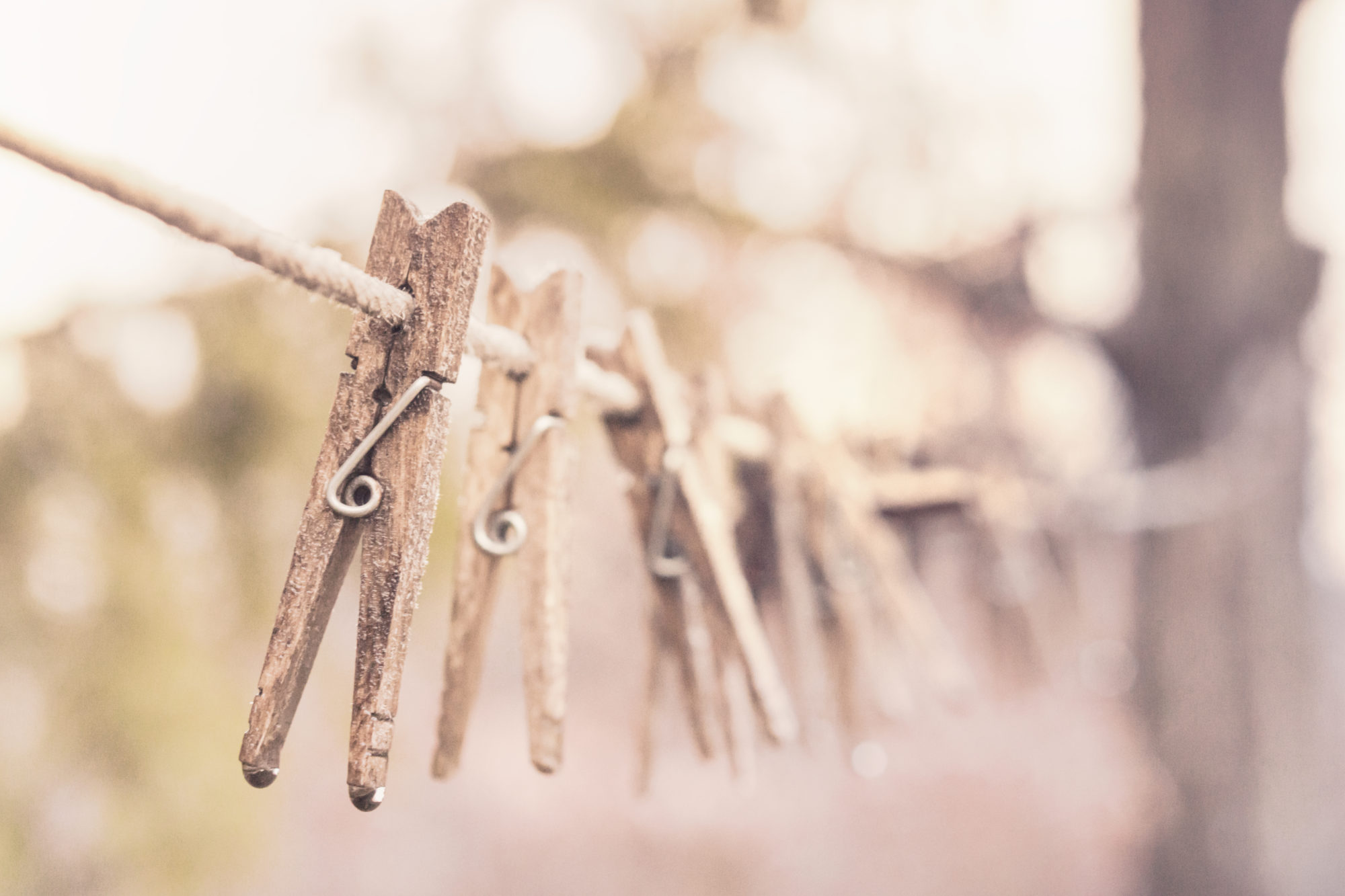The start of the movement to make our devices less addictive,the terrible environmental costs still incurred when recycling smartphones, could a Donald Trump happen in Canadian politics, and Michelle Obama’s powerful response to the 2005 Trump video —on my Jeneral finds of this week: 2016-10-16
The movement to make our devices less addictive
Blackberry launched the first portable device with email in 1999, hooking the corporate and government world. Then when Apple launched the iPhone in 2007, the consumer market for smartphones exploded. In Canada and the US, over two-thirds of the population have smartphones and/or tablets, and growing. It is a massive technological shift in this generation, creating an explosion of new companies to make different software and social media applications for our digital devices. Combined with a generation of users trained to expect that content and services should be free, the measure of success for many of these companies are things like size of user base, time spent interacting on the tool, and the data freely given by users in exchange for the free service.
However, in the rush to adopt all the wonderful and exciting that these devices and services offer to us, we are slow to consider the all the ill-effects of the technology. These applications are purposefully-built to be more addictive in the attempt to win the competition for our attention. In addition to the consequence of the time we spend on social media and games, there are many, many secondary consequences that we aren’t aware of yet. (I highly recommend Reclaiming Conversation: The Power of Talk in a Digital Age by Sherry Turkle to help illuminate these consequences.) And if we aren’t aware of the consequences, we can’t devise strategies to deal with them effectively.
In many ways it feels like the wild west, where the laws and regulations and enforcement to protect citizens are setup after the initial fray of competition. Perhaps now is the start of the movement to deliberately make the usage of our devices less additive. Should there be something akin to the Hippocratic oath for software product design?
Tristian Harris may well be an evangelical leader for this movement, as profiled here in The Atlantic, “The Binge Breaker” http://www.theatlantic.com/magazine/archive/2016/11/the-binge-breaker/501122/?. I’ll definitely be keeping an eye on his progress.
What I learned about phone recycling from Samsung’s combusting Galaxy Note 7 recall
Continuing on the theme of smartphones, I mistakenly thought that recycling old smartphones can reclaim the precious metals for reuse. That is dead false. The best case scenario for your old device that you don’t want anymore is to return it to be refurbished and resold: http://motherboard.vice.com/read/galaxy-note-7-explosion-environmental-impact-recycling
Could a Donald Trump happen in Canada?
The election south of our border has me both captivated and horrified. I can’t look away and stop reading about it, even though it just aggravates me to no end. Thankfully I’m in Canada, but I know I can’t sit here smugly in the belief that someone like Trump could not rise in power in Canada. It already happened in Toronto with Rob Ford. This article in the Globe was an interesting analysis about the factors that may have kept the similar extreme-right sentiments at bay to date in Canada: http://www.theglobeandmail.com/report-on-business/economy/growth/could-trump-happen-here-canadas-left-behind-workers/article32245715/
Michelle Obama’s speech on Trump’s comments: ‘Enough is enough’
I hate that I’m continuing with another item related to that man, but this one inspires and creates fortitude, instead of indignant rage and disgust. Michelle Obama has given some powerful speeches in the last few months. This speech in New Hampshire, days after the tape of Trump uttering his lewd comments in 2005, was devastating. She made the political personal, and her reflections of her own experiences with men who objectified her body mirrored our own. She demanded better from those who would seek to lead the country, as we all should.
~Jen
